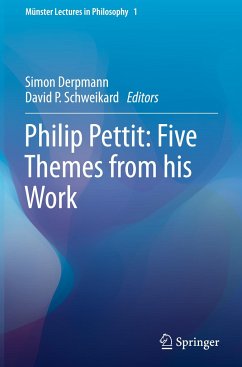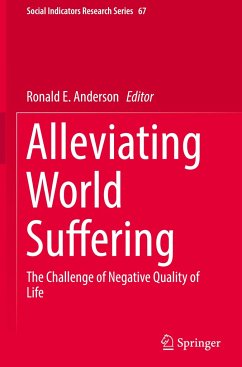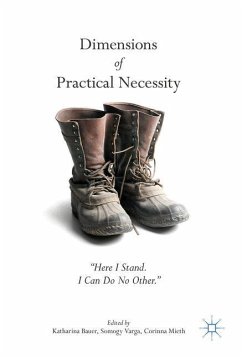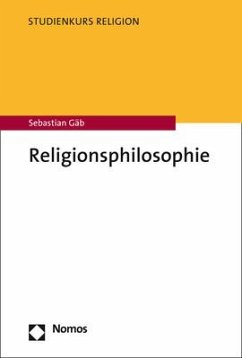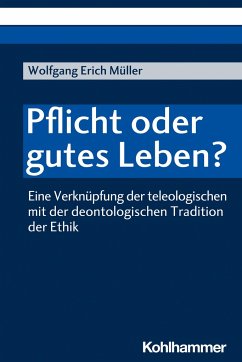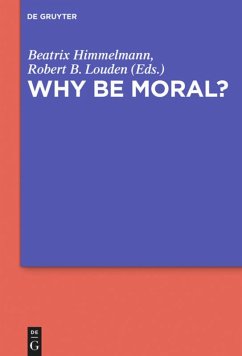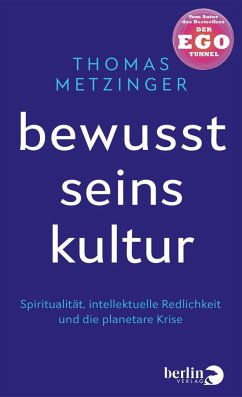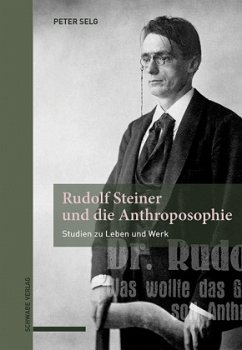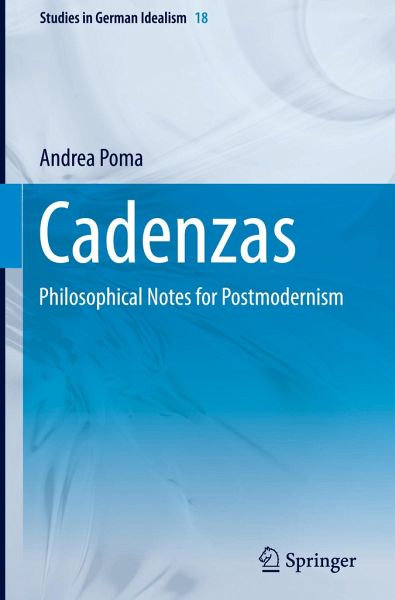
Cadenzas
Philosophical Notes for Postmodernism
Versandkostenfrei!
Versandfertig in 6-10 Tagen
38,99 €
inkl. MwSt.
Weitere Ausgaben:

PAYBACK Punkte
19 °P sammeln!
This book examines the concepts behind a philosophical project on postmodernism: the social and cultural condition of our time, the age of the achieved capitalism. It proposes an original theory of postmodern humanism based on the absence of form and describes the development of philosophical thought as a musical "cadenza" that produces meaning in the empty space between the past of the modern and the future of the postmodern. The book focuses on three main postmodernist themes: the denial of identity and the assertion of the differences, the shattered subject, and the absence of teleology in ...
This book examines the concepts behind a philosophical project on postmodernism: the social and cultural condition of our time, the age of the achieved capitalism. It proposes an original theory of postmodern humanism based on the absence of form and describes the development of philosophical thought as a musical "cadenza" that produces meaning in the empty space between the past of the modern and the future of the postmodern. The book focuses on three main postmodernist themes: the denial of identity and the assertion of the differences, the shattered subject, and the absence of teleology in history and politics.



